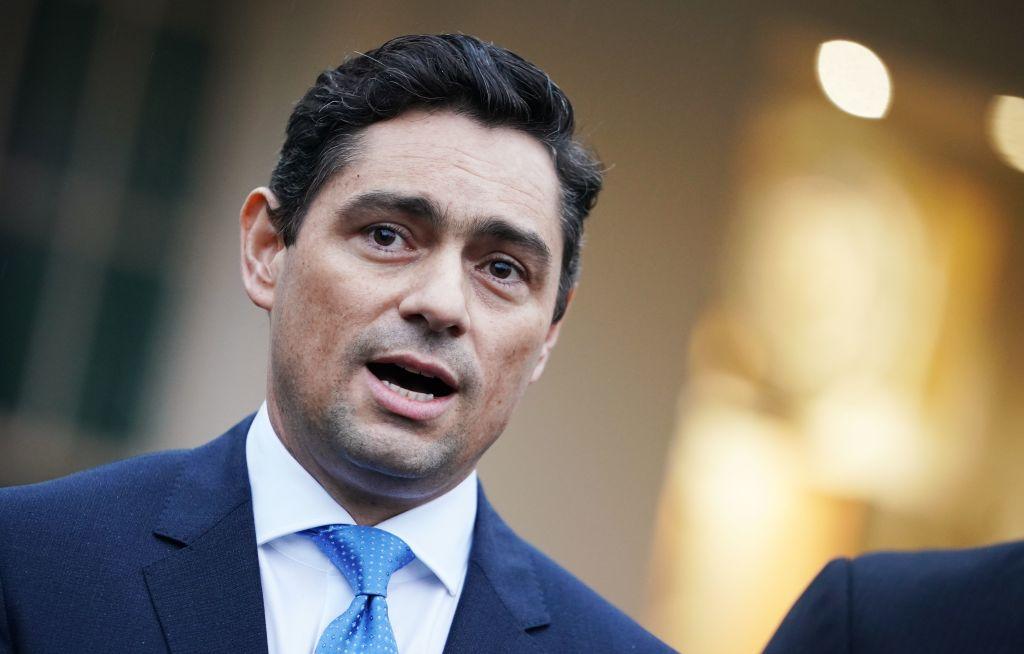Venezuela’s newly appointed diplomat to the United States called for the support of the international community in ending Nicolas Maduro’s dictatorship and to assist the country in an “orderly transition” of power, during a discussion with international diplomats on Jan. 30.
Carlos Vecchio was appointed chargé d’affaires by Guaidó, with Washington’s blessing, on Jan. 25, not long after Guaidó declared himself interim president. Maduro has since refused to step down as leader, raising concerns about how Venezuela will transition to democracy.





